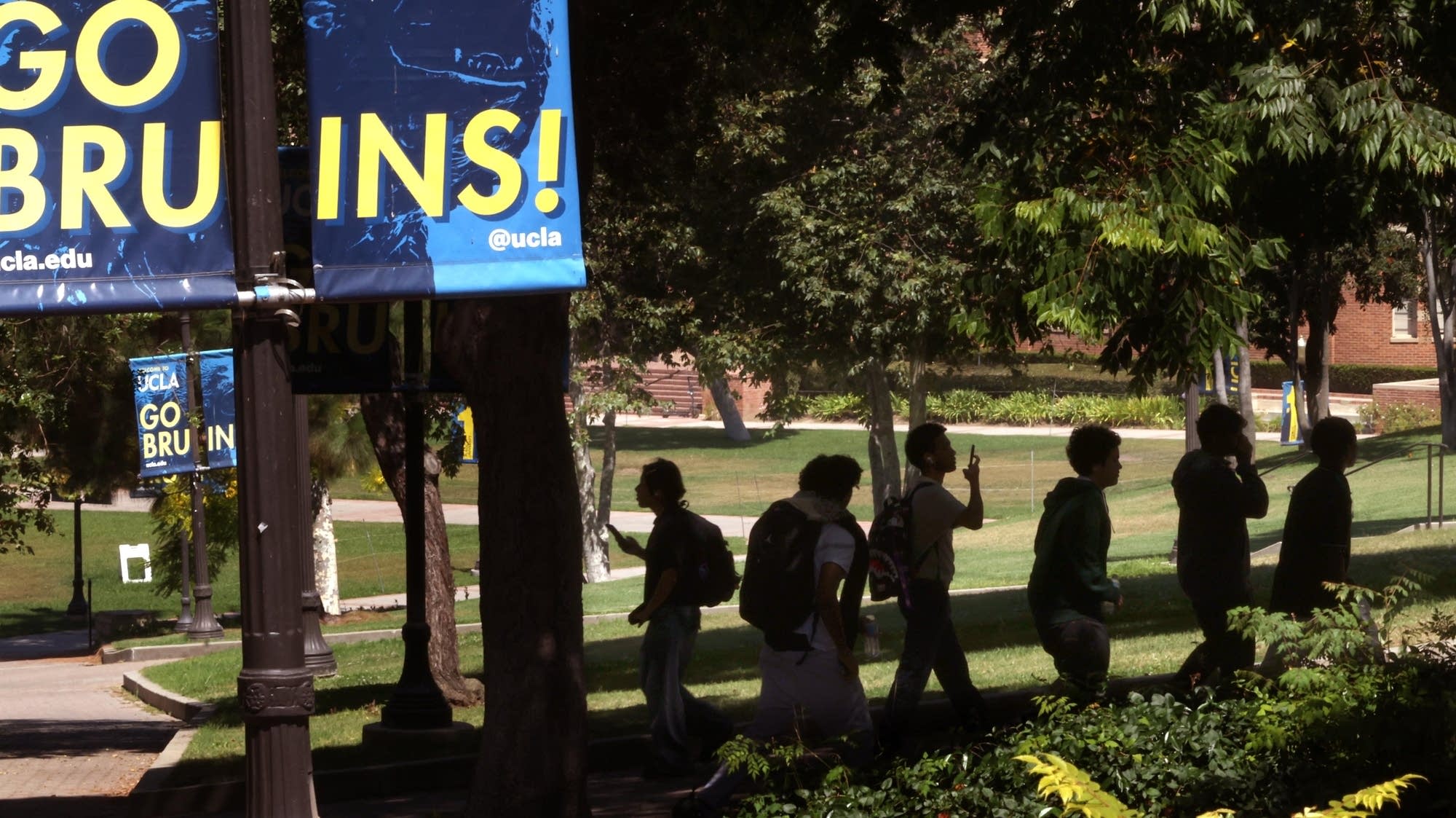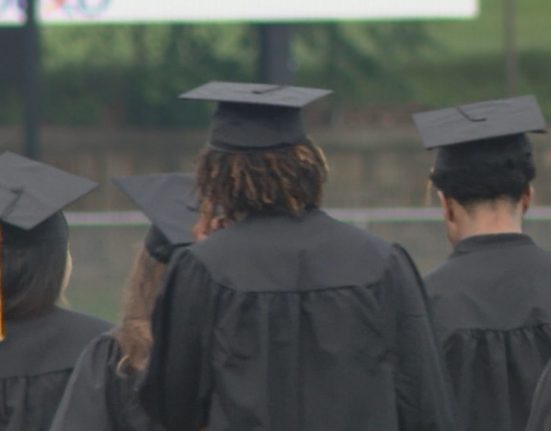With school back in session now pretty much everywhere, anyone thinking about applying to college or graduate school this fall will be subject to new limits on student loans for the first time.
Among the many provisions in that big budget bill Congress recently passed were major changes to how much graduate students and the parents of undergrads can borrow from the federal government to pay for school. They go into effect next year.
If you or your child is starting school this fall, nothing is changing for you. But if you’re applying to start next year, it’s going to be very different.
Parents who plan to help their kids pay for college and prospective graduate students will be limited in how much they can borrow from the federal government.
“It was always important for families to plan for the entire college career, as far as funding goes. Now it’s even more important that they do that,” said Betsy Mayotte at the nonprofit The Institute of Student Loan Advisors.
Anyone who’s already enrolled this fall is grandfathered in to the current rules for the next few years, meaning no limits on borrowing, said Mayotte.
But starting next fall, new graduate students will only be able to take out $100,000 total; anyone going to medical school or law school will be limited to $200,000; and parents will be capped at $65,000 per kid.
“You need to calculate how much you think you’re going to need to borrow for your entire degree program and make sure there’s going to be enough funding availability,” Mayotte said.
Because, Mayotte added, if you hit your federal student loan limit in the first year or two of a three-or four-year program, your only option will be private loans. Private loans do not offer income-based repayment options or any path to loan forgiveness the way federal loans do.
Plus, not everyone will be able to qualify for them, per Jane Fox, chair of the Legal Aid Society Attorneys Chapter at UAW.
“There might be a whole group of students who get caught in the middle of that, where they were able to finance the first year of their education but they cannot complete their degree,” she said. “And then what do you do?”
Data shows the people who are most likely to default on their student loans are those who have debt but no degree.
The new limits on federal student loans, Fox said, are likely to prevent many people from going to the school of their choice or getting a degree at all.
“If you were thinking of going to law school, medical school, graduate school, and you sit down with a financial aid officer to really plan out, how can I afford this, and you see the cost of it and the caps on federal borrowing, it is absolutely going to deter working-class students from entering those professions,” she said.
Some degrees cost more than students will soon be able to borrow from the federal government — like medical school, for example. Over half of med students who graduated last year took out more than $200,000; nearly a quarter took out more than $300,000.
Starting next fall, that will no longer be an option.







